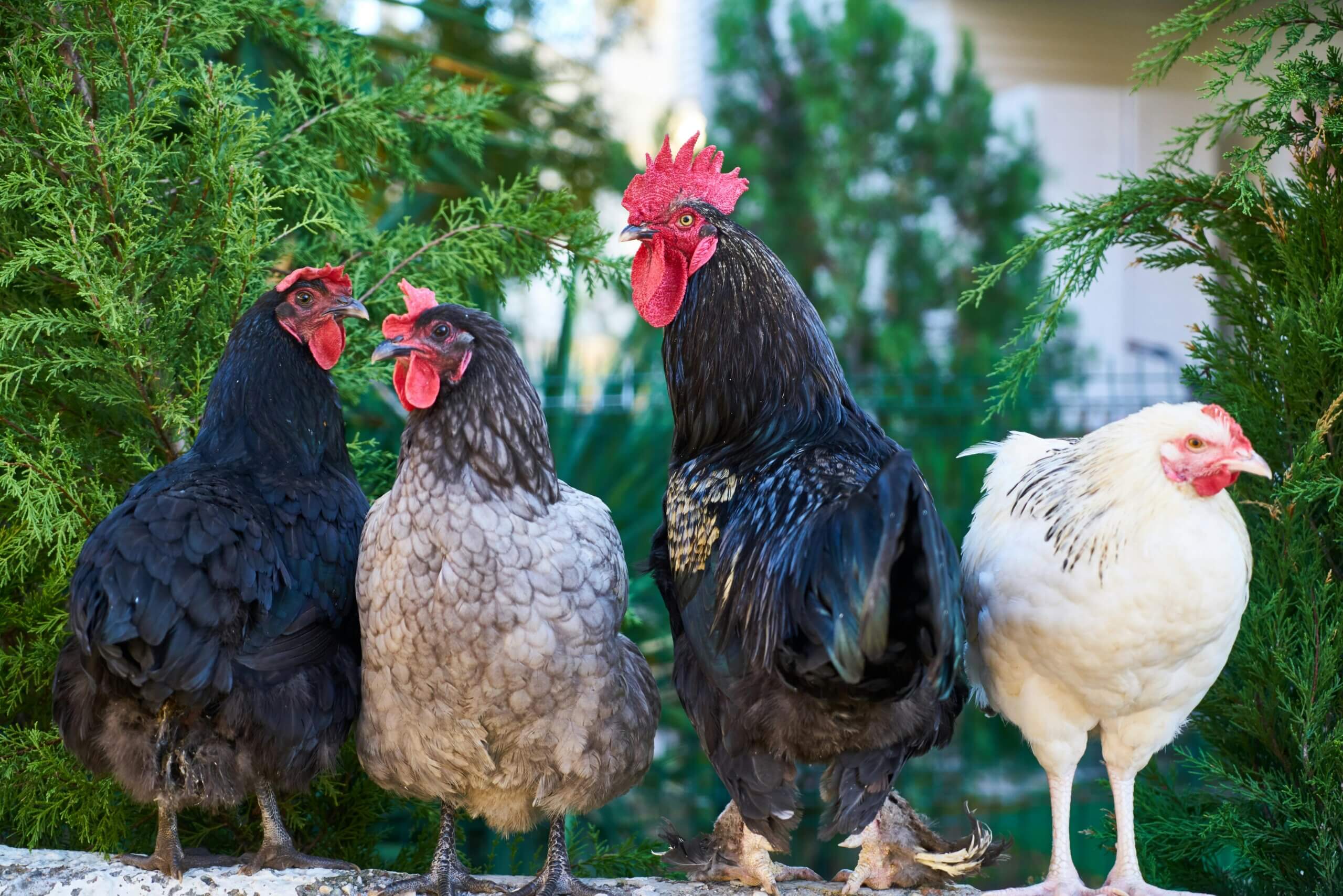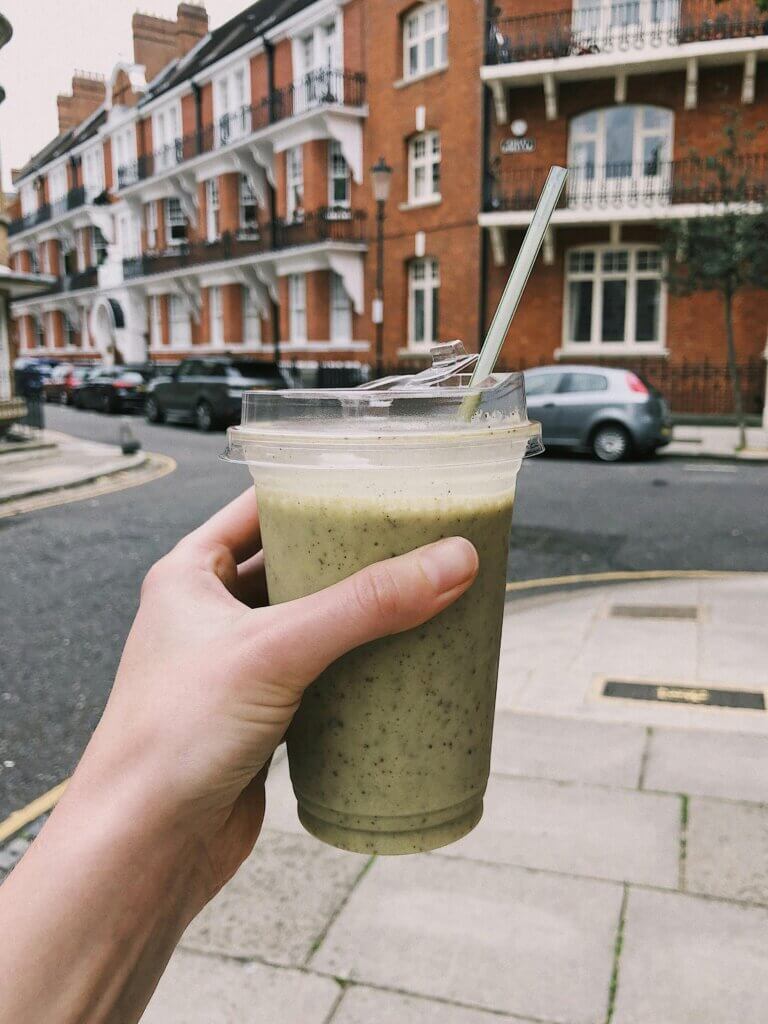A few years ago, it seemed a little bizarre that someone would keep backyard chickens in their backyard. These days, no one bats an eye at this inexpensive and rewarding way to feed the family.
There are a few reasons why people raise Backyard chickens:
- Obviously, for the fresh eggs
- Natural removal of weeds and bugs
- Save money
- It is pretty easy, once you get started
Of course, always check local laws about raising chickens in your yard and ensure you comply before you start. You can purchase chickens from a variety of suppliers. You can hatch eggs or raise chicks, but they are more work than a grown chicken. Keep your climate in mind, the egg size you want, and whether or not the chicken will be raised strictly for eggs. You can use the handy tool here to select a breed http://www.backyardchickens.com/products/category/chicken-breeds
One chicken will lay about 4-6 eggs per week, but they generally lay less in colder months, so keep this in mind when planning their space.
Raising Backyard Chickens
To raise chickens, you can have them running free, but a coop provides protection from the elements and predators, so make a plan to build one. A coop should provide about 2-3 square feet per hen and for the outside area; each hen should have about 5 square feet of space. In a coop they can peck each other without enough space, so never try to cram them in.
As you build, keep seasonal temperatures in mind. Make sure air can get through in summer and keep it from going through in winter. You can even use a tarp to keep air from blowing through and remove it, as needed. Use a slanted roof to let rain roll off if you live in a rainy area.
Inside the coop, use pine shavings for the flooring. This makes it comfortable for the chickens and easy to clean up as you scoop out and replace the shavings. Provide plenty of roosting space. They will also need nesting space. Wooden boxes work well for this.
What to feed chickens
You can feed chicken store-bought feed pellets. They also love vegetables scraps, bread, and bugs. Give them fresh water regularly, keep their area clean and you have happy chickens. Check on them daily and collect their eggs each day as well. Eggs can go bad quickly in warm weather and in cold weather; they can freeze, expand, and crack.
If you have young children, always supervise them with the chickens. Chickens will peck to defend themselves and although it won’t take a child too long to learn this, you need to be there to ensure proper handling of the chickens. In addition, live poultry can carry salmonella. Everyone should wash their hands thoroughly and immediately after handling the chickens or being in your chickens’ area.
Overall, having chickens can be a very rewarding experience and many people come to see chickens as part of their family. It is a long-term commitment because chickens can live for 12 years or more. Just care for them, protect them and they will serve you well.






